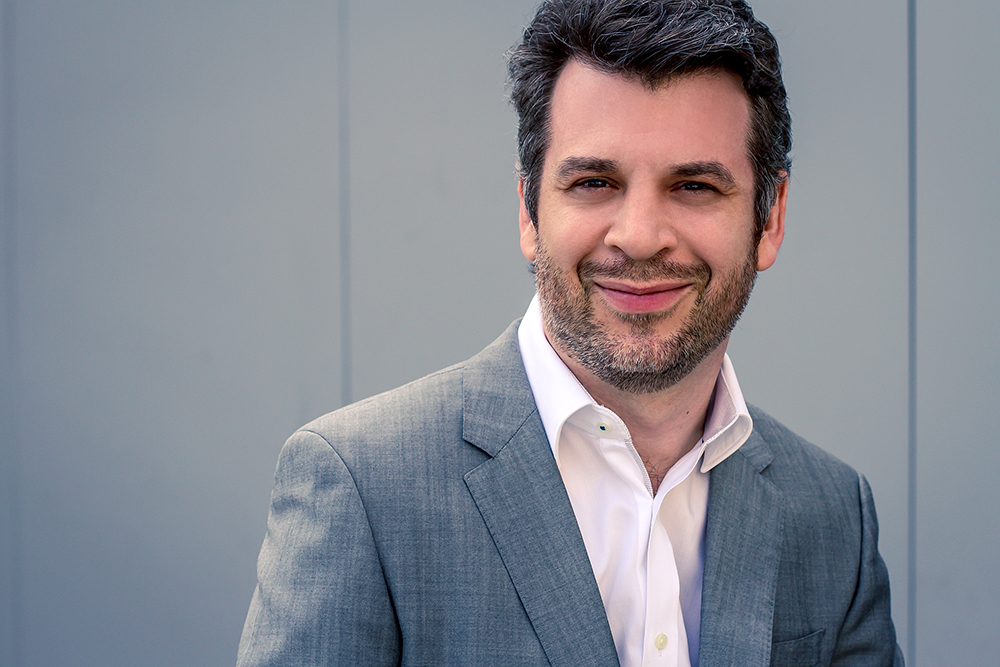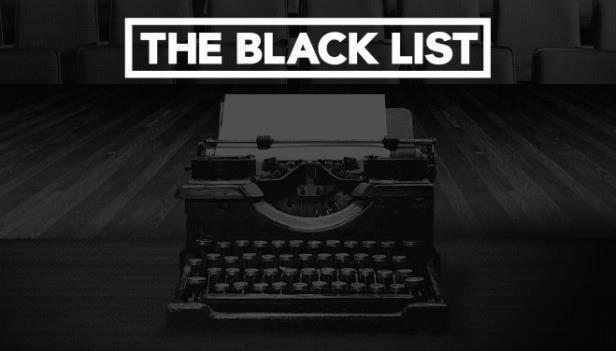John Zaozirny is the President Of Feature Film Production and Literary Management of Bellevue Productions Management. His client roster has consistently scored highly on the famous The Black List which ranks the most popular unproduced screenplays each year. In 2022, eleven Bellevue clients placed on a list of twenty-five projects, which is a formidable strike rate. We spoke to John about Bellevue Productions and his secret to getting their projects on The Black List.
“The projects that appear to be most active tend to be relatively contained budget wise – horror, thriller, action, sci-fi. So long as the budgets don’t creep over around $15 – $20 million,” notes Zaozirny. Budgets around $10 – $15 million tend to attract well-known television actors to make them viable. “Once you go over $20 million, you move away from actor territory into movie star territory,” he states. “The bigger the budget, the bigger the name, which means they’re more likely to be booked for years in advance.”
Film production has declined in the past few years even with the pandemic. Even the big budget movies with budgets of around $100 million are experiencing a reduction in numbers “unless the concept is so huge or based on super well-known properties.”
We focus our fire on higher concept, lower budget movies
Zaozirny clarifies that lower budget isn’t low or micro-budget. “It’s just as hard to make a million dollar movie as a three hundred thousand dollar movie.” His sweet spots are $5 – $7 million and $15 – $20 million production budgets.

John Zaozirny
Getting On The Black List
Apart from solid writing, Zaozirny is looking for scripts, “that feel would be of interest to your average creative executive. Most development executives that vote on The Black List tend to be in their mid to late twenties up to their mid to late thirties coming up through the ranks.” This isn’t a function of ageism, but more a function of older, more established executives simply not having the time to read all the scripts and vote on them.
Zaozirny recalls a Kris Kristofferson biopic that was offered to him for consideration as an example. Although Kristofferson’s story is certainly interesting, he didn’t feel it would garner enough appeal in The Black List voting community. However, John feels that a Fleetwood Mac biopic “is more resonant to people today. People of all ages love Fleetwood Mac.” He has the recent TikTok clips of Mac’s hits to support his claim.
The Black List is also looking for “sticky (sustained over time) concepts. Things that are weird and different.” Like many creative executives, voters receive similar kinds of scripts all the time. This observation is also apparent in festival and awards movies. “These tend to be small and didn’t make a lot of money.” However, if a screenplay is involved in a bidding war and sold for a six or seven figure sum, the industry will notice and executives will read it.
Once Bellevue’s scripts reach a level of quality, they are typically sent out to the marketplace during the second half of the year (around August to October) since voting takes place around November or December each year. This is a similar protocol to other awards voting seasons.
Zaozirny also states that top five or ten spots on The Black List are generally geared toward newer writers. There is a minimum number votes (seven or eight) required to qualify for a spot. Since many studio scripts are either “locked down” or “under wraps,” they don’t get widely enough read garner sufficient votes.
There has been talk of expanding The Black List to include television scripts, but the market for television is too different from film to make it work according to The Black List’s founder Franklin Leonard.
Court 17
Court 17 by Elad Ziv ranked second on The Black List this year. The logline reads, “An over-the-hill tennis pro, trying to salvage her career, finds herself stuck playing the first round of the US Open over and over again against one of the top players in the world. The only way to stop the loop is to win the match, a seemingly impossible task due to how overmatched she is.” We asked John what made this script work.
The concept of a time-loop is relatively familiar and we’ve seen it in movies like Ground Hog Day, Edge Of Tomorrow, Palm Springs. Zaozirny was captivated by this idea being expressed in a sports movie. Tennis was also the perfect sport because it can focus on two players as opposed to twenty odd players in a football match to lower the production budget.
“Court 17 is a relatively commercial script that can definitely be made for $15-$20 million. It has a star role in the center and a great role for an actress and a concept that feels relatively easy to market – playing the best tennis player in the world until you find a way to beat them.”
The script for Court 17 was in good shape when it arrived at Bellevue. “My colleague and I gave Elad a few notes to shape the arc of the main character and clarify a few points in terms of the sci-fi time loop world.” Bellevue maybe changed a minimal five to ten percent of the original script.
Court 17 was originally titled Loser. Zaozirny felt this title lent itself too much to a comedy script which didn’t reflect the story. “We also toyed with the title of Break Point which is a tennis term. It was too close to the movie Point Break so we rejected it. There is also a docu-series about tennis called Break Point released later.” Court 17 is the court the matches were played on in Ziv’s story. It also has a sci-fi sensibility to it so they settled on Court 17. “It felt like Cloverfield or something,” ponders Zaozirny. “It felt a little oblique, but it best fitted the story.”
Elad Ziv spent a year or two working on Court 17 before writing it and eventually sending it out. One of the major developments in the story was changing the main character from male to female which better served the story. He worked with a script consultant, a studio producer, and entered it in several screenwriting contests and received helpful feedback on each draft to get it to a marketable state.
Topic will get you to open a script, but quality will keep you reading
